IMPULSE THEATER FESTIVAL
For twenty-five years Impulse has been presenting the most important independent theater productions in the German-speaking world and has constantly redefined itself, much like the scene itself. “Independent” not only means that the works are produced outside the state theater system. It most notably means they develop aesthetic alternatives and search for new approaches and challenges. Artists such as Rimini Protokoll or René Pollesch were introduced to a wider audience for the first time at Impulse.
Over the past few years independent theater in Austria, Germany and Switzerland became part of a very international network and established a sophisticated discourse on art. Impulse is perhaps the most significant platform and at the same time the most powerful lobbyist of this scene in the German-speaking countries. The festival challenges the independent performance-based art forms to make use of their fundamental freedom. It challenges them to amplify, to try, to strain and overstrain the freedom of theater as medium; the freedom to start from scratch again and again; the freedom to create structures, hierarchies, stereotypes, processes, and collaborations in a way appropriate to each artistic endeavor – and not the other way around.
Independent theater provides impulses for an idea of theater that does not remain trapped in particular spaces of thinking and staging. It provides impulses not to simply accept the boundaries of genres set by the logics of grant applications, markets, and marketing. It provides impulses to reclaim theatricality in art, music, literature, film, and theory as theater. It provides impulses to think differently about theater as art. The task of independent theater is not to be the low-cost repertoire by the up-and-coming. It is not a special path as the German-speaking theaters and funding structures would suggest. It is an explicit alternative in its art as well as in its work structures.
Since 2013 the festival has been curated by the artistic director Florian Malzacher. The thematic orientation for each edition is supported by an advisory board consisting of experts from academia and arts. Alongside the program of selected visiting productions, an open call extends the focus to works beyond the beaten path. The festival is accompanied by theoretical and socio-political debates as well as by an online collection of material that takes up specific questions of independent theater and puts them up for discussion.
